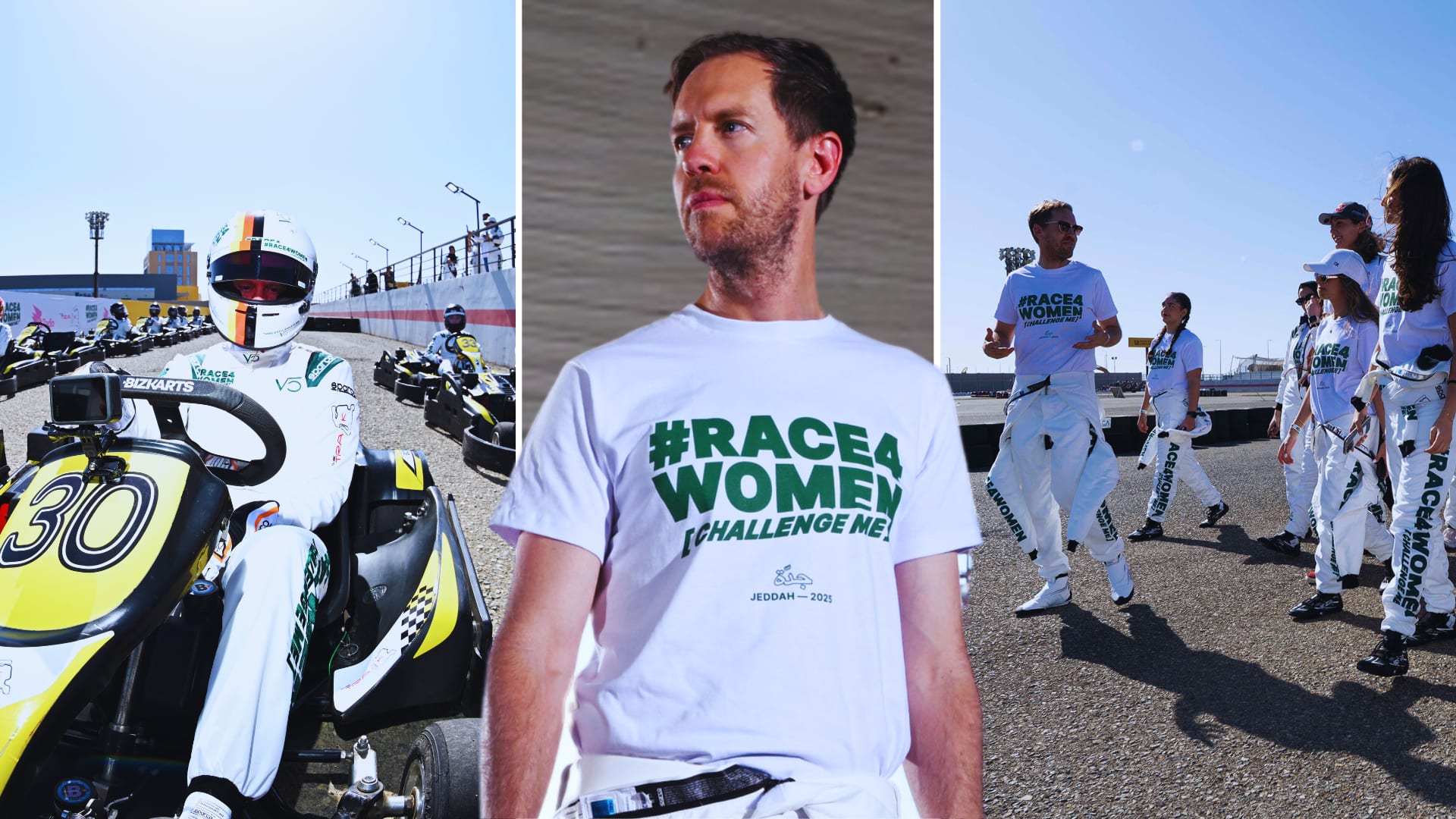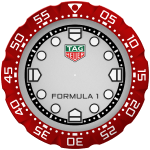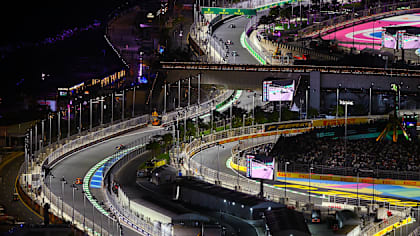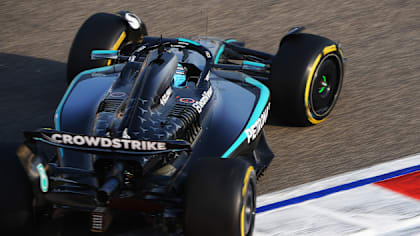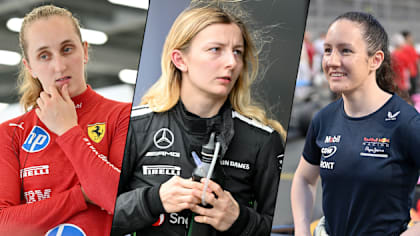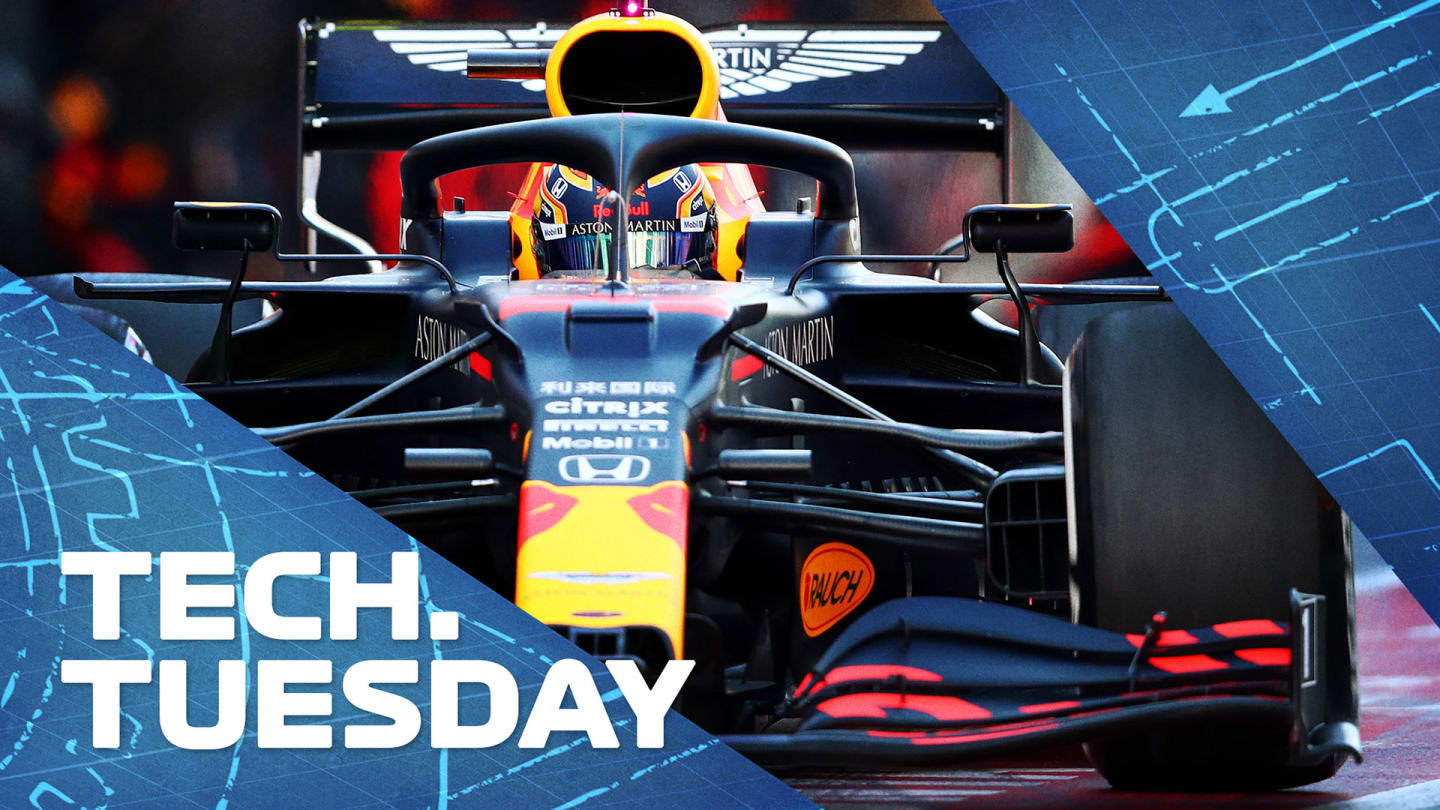
18 - 20 April
Technical
Exploring the suspension layouts that could give Mercedes and Red Bull the edge

Share

Of all the 2020 cars, those of Mercedes and Red Bull have created the most technical interest, both featuring major innovations in their front suspension layouts in particular. Although the new developments are in the same area, they are quite different in concept and seem to have been driven by different aims. Ahead of the season-opener in Australia, Mark Hughes and Giorgio Piola take a closer look…
MERCEDES W11
The Mercedes has been packaged around incorporating their radical new DAS (dual axis steering) system, which varies the toe angle of the front wheels through moving the steering column fore and aft.
Watch DAS in action - and see Mercedes Technical Director James Allison explain all
Although the mechanism is largely hidden, the top of cylinders inboard each upper wishbone can be seen on the left in the drawing below. These hint at the mechanism that is being used to connect the steering column’s fore and aft movement to the toe angle of the wheels, via the tie rods at the bottom.
Comparing to last year’s W10 on the right of the drawing, the red arrows show there were no such cylinders there before.
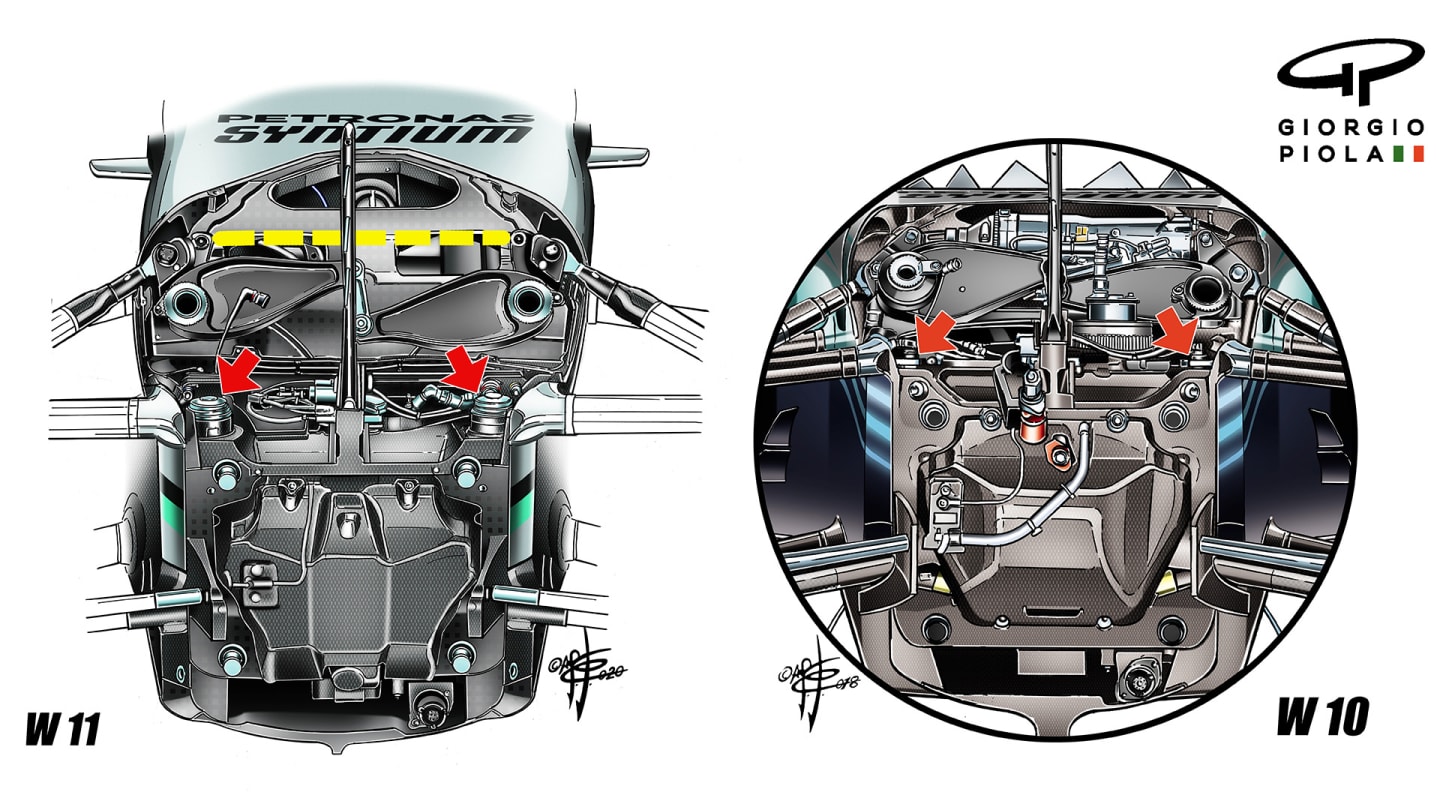
On the left, the mechanism suspected to control Mercedes' DAS in the W11 is shown. There were no such cylinders in the W10's nose.
What that comparison also illustrates is that the reshaped bulkhead, to create space for the new cylinders, has allowed the upper wishbone to be mounted at less of an angle, which should give it a greater range of articulation.
How could DAS help Mercedes? Click here to read our comprehensive guide
RED BULL RB16
The Red Bull’s main innovation is in the re-siting of the steering mechanism and hydraulic reservoirs from ahead of the front bulkhead to behind it.
This is part of the repackaging that has been made possible by lengthening the front of the tub. Siting these components further back has allowed the nose to be slimmed down considerably – and this is part of the car’s aerodynamic philosophy.
READ MORE: How a Ferrari-like tweak could help Mercedes go even faster in 2020
TECH TUESDAY: A look into Red Bull's RB16 front suspension
The slimmer nose not only presents less surface area to the air, but also reduces the un-energised ‘dead zone’ of air pressure that can form beneath the nose, slowing down the airflow feed to the underfloor.
In terms of the actual suspension, Red Bull have retained their unique multi-link format, with separate mounting points where the wishbone bolts to the wheel hub. But they have transferred the arrangement from the upper wishbone to the lower. The rear leg of the lower wishbone (indicated by the red arrow in the image below) can be seen mounted lower than the front leg. This, like last year’s arrangement, will result in less reduction in the tyre’s contact patch when big steering angles are applied. But it will give a lower centre of gravity than last year’s layout.
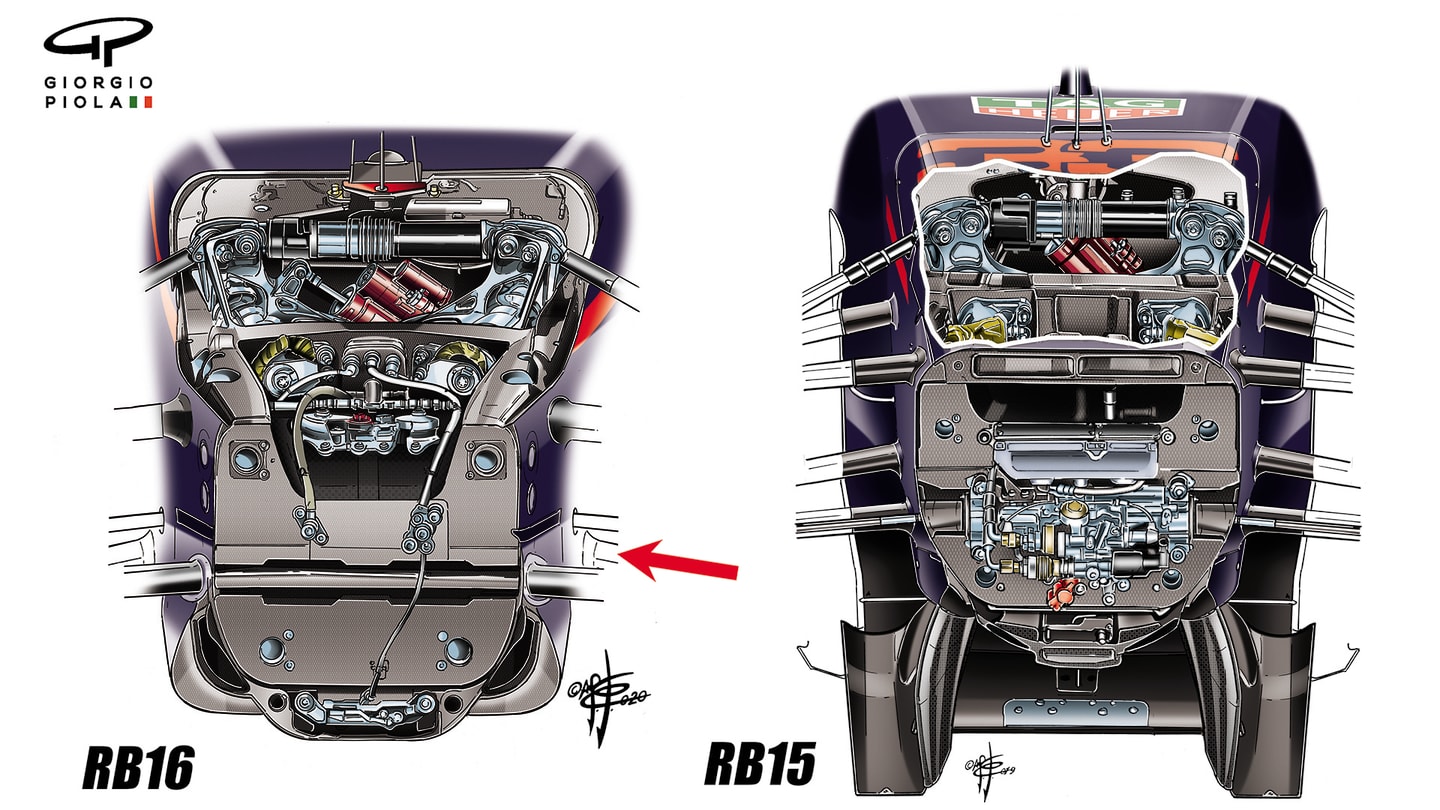
Red Bull's nose has undergone a dramatic repackaging and a slimmer set-up could slow down airflow underneath the car.
It has been speculated that the lower wishbone is a single piece that feeds through the bulkhead, although this is not certain. It could be that the continuation of the line of the wishbone is simply a sheath, possible incorporating the wheel tether cables.
READ MORE: From DAS to the double diffuser: 5 F1 innovations that caught rival teams napping
However, the re-arrangement of the steering to behind the bulkhead, while allowing the slimmed nose, will make incorporating a Mercedes-like DAS system much more difficult than it would have been with the more conventional layout.
The question now is, will either of these advancements give Mercedes or Red Bull the advantage as the season begins?
For more in-depth technical analysis of the 2020 F1 cars, watch 'Tech Talk' on F1 TV. You can find more details on F1 TV here.
YOU MIGHT ALSO LIKE
Feature NEED TO KNOW: The most important facts, stats and trivia ahead of the 2025 Saudi Arabian Grand Prix
News What is the weather forecast for the 2025 Saudi Arabian Grand Prix?
Feature F1 FANTASY: Strategist Selection – What’s the best line-up for the Saudi Arabian Grand Prix?
Feature The storylines to get excited about as F1 ACADEMY returns in Jeddah
